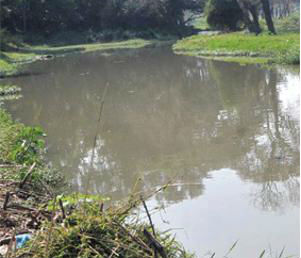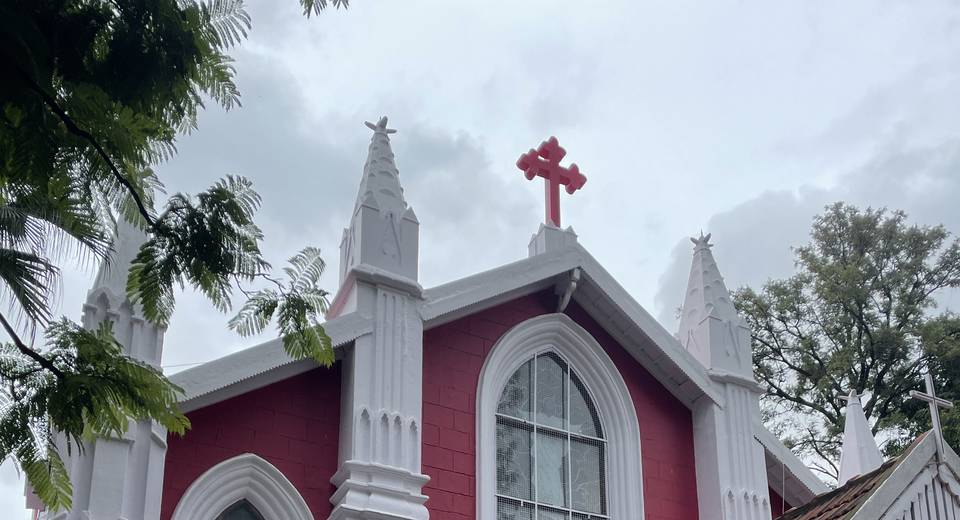Arrest Cauvery Contaminators: KSPCB
Oct 11, 2019, 11 37 | Updated: Oct 11, 2019, 11 37
The Karnataka State Pollution Control Board (KSPCB) has decided to take action against the pollution of the river Cauvery, which is Bangalore’s main source of drinking water.
In all the small towns along which the Cauvery traverses before reaching Bangalore, local authorities have allowed sewage and chemical waste from small-scale industries into the river. This is posing a danger to all those who consume over 900 million litres of water per day from this water source.
To protect water consumers, KSPCB has directed its regional office in Mysore to book criminal cases against the chief officers (COs) of Hunsur, Nanjangud, T Narasipura and K R Nagar towns.
While Nanjangud and T Narasipura town chiefs are charged with polluting Kabini river - a Cauvery tributary -- by discharging sewage effluent/sullage generated within town into river, K R Nagar Chief Officer is held responsible for contaminating Kantenahalli Lake. The Chief Officer of Hunsur town municipal council is being accused of not complying with the direction issued to check pollution by preventing discharge of effluents/sullage into Lakshman Theertha river, another tributary of Cauvery.
These civic chiefs have reportedly not heeded earlier warnings from the KSPCB to stop pollution. It is for the first time that the board has taken such a harsh step of registering criminal cases against government servants.
Officials expressed shock over the stringent order and maintained that there was no lapse from their side. "It's been only two months since I took charge. We have a sewage plant and we are running it properly. About 10 days after I took charge, the motor in the plant went defunct once, but was immediately repaired. It was only during this brief period that the sewage overflowed into the lake. Otherwise, we are adhering to rules and regulations. The city sewage is treated as per standards. It is surprising to hear about the action against me," said A Ramesh, Chief Officer, Hunsur Town Municipal Council.
An investigation by the board found the existence of pollutants in water flowing to Bangalore city, mainly biodegradable wastes, chemical pollutants and bacterial pollutants. While the biodegradable waste found includes Biochemical Oxygen Demand (BOD), Chemical Oxygen Demand (COD), and Total Suspended Solids (TSS) at about six times more than the permissible limit, bacterial pollutants found include E.coli, Salmonella and other coliform bacteria, chemical pollutants include nitrates, phosphates, and fluorides at 20 times more than the limit, sources said.
"Water samples were collected and sent to the testing labs. The results were alarming and had crossed danger levels. For example, though 5,000 was the maximum expected limit when it comes to E.coli, it has crossed 1 lakh in the sample. Similarly, there is a huge rise in pollutant levels. This led the board to initiate a serious action," said an official on condition of anonymity.
Reproduced from Bangalore Mirror







